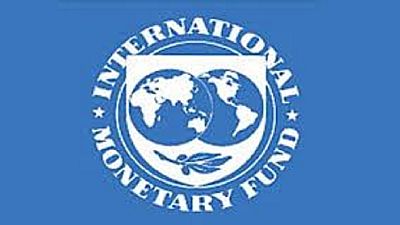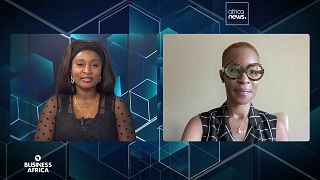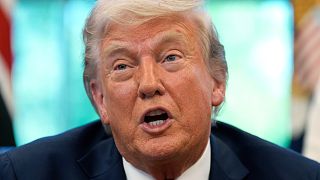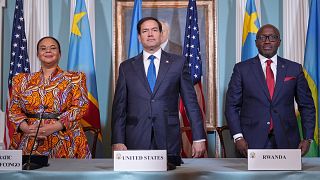Brexit
The International Monetary Fund has cut its forecasts for global economic growth this year and next as the unexpected United Kingdom (UK) vote to leave the European Union creates a wave of uncertainty amid already-fragile business and consumer confidence.
The global economy is now projected to expand 3.1 percent this year and 3.4 percent in 2017, according to the IMF.
IMF cuts global growth forecast due to Brexit, warns of risks to outlook #WEO https://t.co/0iPdSxB972
— IMF (@IMFNews) July 19, 2016
“The Brexit vote implies a substantial increase in economic, political, and institutional uncertainty, which is projected to have negative macroeconomic consequences, especially in advanced European economies,” a statement released by the IMF’s World Economic Outlook Update released on Tuesday said.
Brexit adds downward pressure to the world economy. Global growth for 2016: 3.1%, 2017: 3.4% #WEO https://t.co/uGVTA7dlpY
— IMF (@IMFNews) July 19, 2016
“Brexit has thrown a spanner in the works,” said Maurice Obstfeld, IMF Chief Economist and Economic Counsellor. And with the event still unfolding, the report says that it is still very difficult to quantify potential repercussions.
The economies of the UK and Europe will be hit the hardest by fallout from the June 23 referendum, which prompted a change of government in Britain.
UK’s economy will expand 1.7 percent this year, the IMF said, 0.2 percentage point less than forecast in April. Next year, the nation’s growth will slow to 1.3 percent, down 0.9 point from the April estimate and the biggest reduction among advanced economies.
For the euro area, the Fund raised its forecast by 0.1 point this year, to 1.6 percent, and lowered it by 0.2 point in 2017, to 1.4 percent.
Global growth, already sluggish, will suffer as a result, IMF warned, putting the onus on policy makers to strengthen banking systems and deliver on plans to carry out much-needed structural reforms.
Global growth forecast by country and region https://t.co/RHaz5hgSPf #WEO pic.twitter.com/nQFHDNK6Tb
— IMF (@IMFNews) July 19, 2016
In particular, policymakers in the UK and the EU will play a key role in tempering uncertainty that could further damage growth in Europe and elsewhere, the IMF said.
It called on them to engineer a “smooth and predictable transition to a new set of post-Brexit trading and financial relationships that as much as possible preserves gains from trade between the UK and the EU.”














03:24
Nigeria's GDP growth accelerates to 3.84% in fourth quarter of 2024
11:07
The economy, the challenge of Kaïs Saïed's second term [Business Africa]
01:45
UN forecasts improved prospects for the world economy
00:59
Britain to appeal court decision that UK asylum law should not apply to Northern Ireland
01:02
Pics of the day: April 16, 2024
01:47
IMF expects “resilient global economy” in 2024 despite lower average growth rates